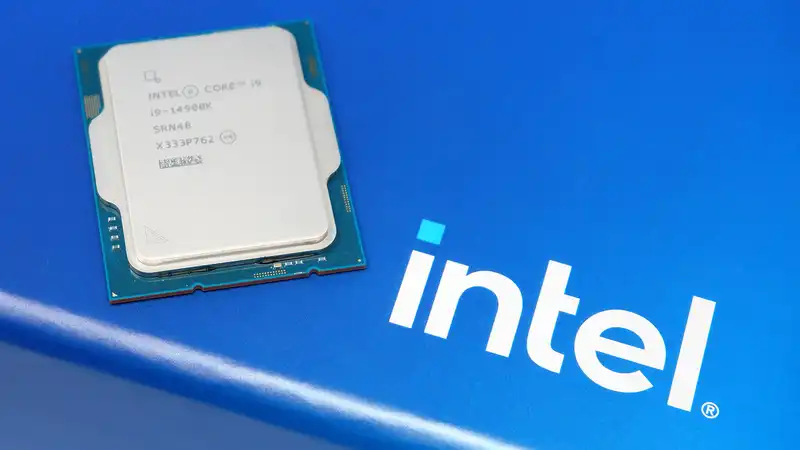Owners of Intel chips affected by the CPU crashing problem would have been pleased with the official news announced by Intel last week that it is providing a microcode patch to address the root cause of exposure to elevated voltage.
However, when The Verge asked Intel if it plans to recall chips that are already affected, the answer seems pretty clear. Not only are they not recalling the affected CPUs, they have not stopped selling them, and have yet to comment on whether they will extend the warranty period.
Not only that, but if recent reports are to be believed, the damage to the affected CPUs may be permanent, although according to Tom's Hardware, the microcode patch is expected to prevent crashes on processors not yet affected by this issue, it will not fix chips that are already damaged, he said.
When specifically asked by The Verge if the affected CPUs are "living on borrowed time," Intel spokesman Paul Hannaford replied:
"Intel is confident that the microcode patch will be an effective preventive for processors already in use.
Hannaford continued: "However, customers experiencing instabilities on 13th or 14th generation desktop processor-based systems should contact Intel customer support.
A spokesperson confirmed that Intel Core 13th and 14th generation desktop processors with base power above 65W may also be affected.
Intel recommends that users who have not yet received the update adhere to the Intel default settings for their desktop processors, keep their BIOS up-to-date, and check for relevant BIOS updates as soon as a patch is released to their partners. We recommend that partners check for relevant BIOS updates as soon as they are released. Intel is targeting "mid-August or earlier" for production microcode updates for Intel's OEM customers.
If your chip is already affected, Hannaford continues to recommend contacting Intel Customer Support. However, he has yet to receive an answer as to what evidence customers need to share in order to obtain an RMA for CPUs damaged by this issue.
Basically, if you are experiencing a crash issue with an Intel 13th or 14th generation chip, you need to contact Intel to make an RMA request. If you are unsure if your specific CPU is affected, Intel recommends a Robeytech video on Reddit that may help you identify the problem.
Given the scale of the problem and the uproar, it would seem that a more definitive recall would be the right course of action to satisfy customers, as well as an extended warranty to resolve the issue for affected users. However, from these statements, it appears that Intel may update the BIOS, but those who are already using affected Intel CPUs will face a potentially lengthy RMA process to replace the damaged chips.


Comments